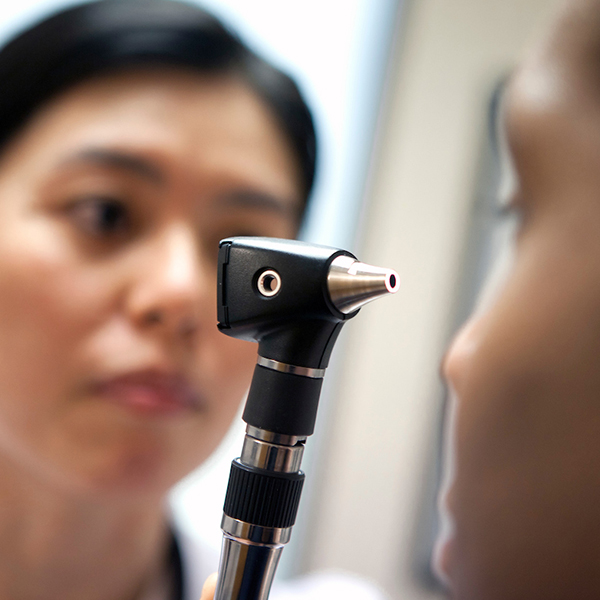Gout
Overview and Facts about Gout
Gout is a severe form of arthritis caused by the accumulation of uric acid in the bloodstream. Typically, it causes flare-ups of severe pain, tenderness and swelling at the affected joint.
These symptoms and others come and go, and usually can be managed with the help of a primary care physician. Anyone can be afflicted by gout, but it becomes more common in people as they age.
Signs and Symptoms of Gout
The onset of gout is usually sudden and often at night. Its symptoms include:
- Continued discomfort, which may last for several weeks after the worst pain has subsided
- Redness and inflammation, where the affected joints become inflamed and feel hot to the touch
- Reduced range of motion, meaning the normal movement of a joint is prevented
- Severe joint pain, which typically afflicts the big toe, although it can affect other joints with pain often lasting between 4 to 12 hours
Causes and Risk Factors of Gout
Gout is caused by a buildup of uric acid in the body, a condition known as hyperuricemia. Uric acid is formed when your body breaks down substances known as purine, which are found in foods and human cells.
Normally, uric acid passes from the bloodstream to the kidneys and is eliminated in the urine, but in some people, the kidneys are unable to process it and gout may be the result.
This underlying cause of gout is different from what can trigger it.
Such triggers include:
- Certain foods, such as meat, seafood, fructose (fruit sugar) and alcohol when consumed in high amounts
- Certain medications, such as low-dose aspirin, thiazide diuretics and anti-rejection drugs for organ transplants, which can raise uric acid levels
- Family history, with gout being more likely in those who have relatives with gout
- Medical conditions, such as metabolic syndrome, diabetes and untreated high blood pressure
- Obesity, since being overweight leads to increased uric acid production
- Trauma or surgery, as there is some association with these events and gout
Tests and Diagnosis of Gout
To reach a diagnosis of gout, a number of tests may be run, including:
- A blood test, which measures the levels of creatine and uric acid in the blood
- A joint fluid test, in which your doctor will draw fluid from the affected joint, which will then be examined under a microscope for the presence of urate crystals
- An x-ray, which can be done of the affected joint to rule out other causes of inflammation
- An ultrasound, which can be used to detect the presence of urate crystals in a joint
Treatment and Care of Gout
If you experience more than one gout attack a year and if your gout flare-ups are severe, your doctor may prescribe medication to reduce your risk of gout-related complications.
These may include inhibitors to uric acid production and/or medication to improve the elimination of uric acid from your body. Such medications could include:
- Colchicine
- Corticosteroids
- Nonsteroidal anti-inflammatory drugs (NSAIDs)

